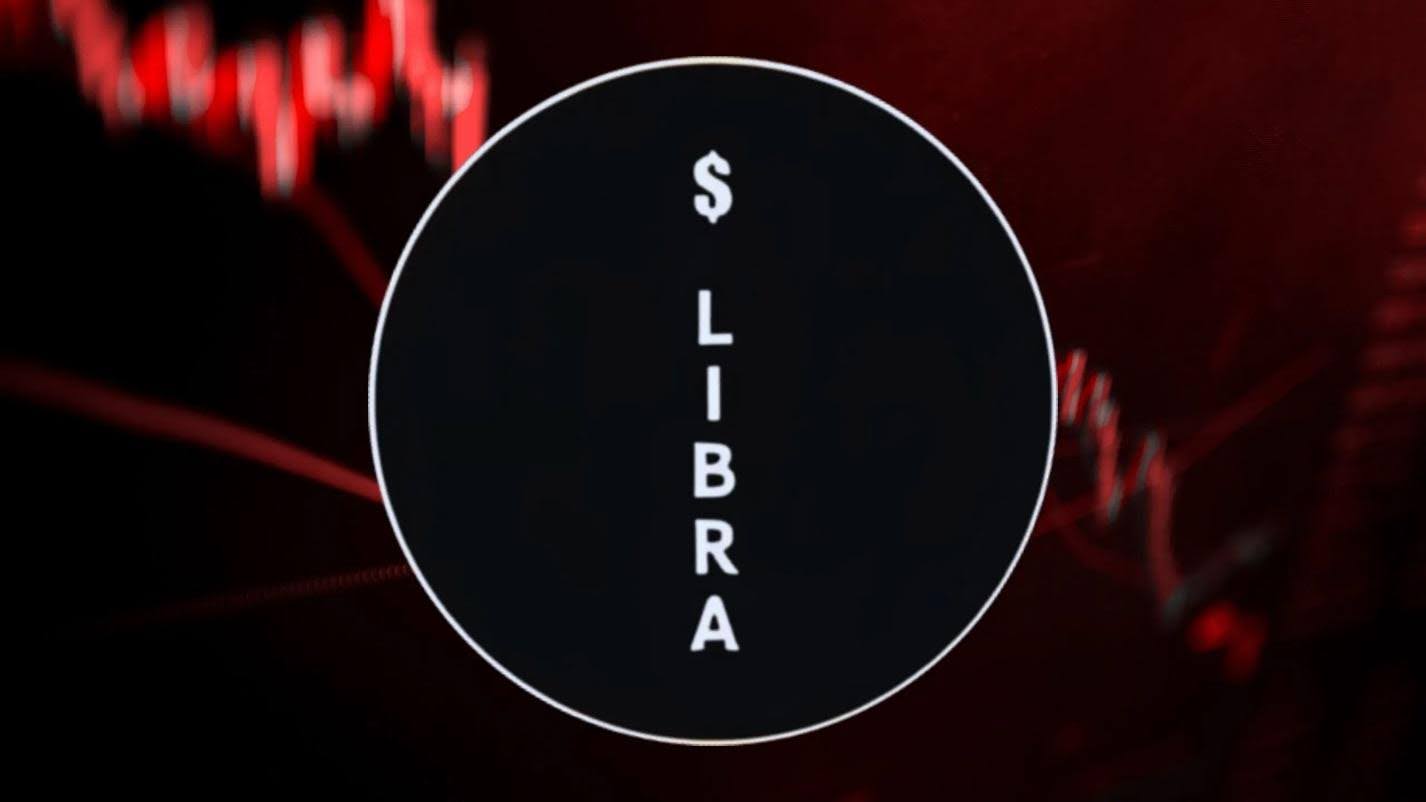Key Takeaways:
- Argentina’s Chamber of Deputies has sanctioned a complete probe into the $LIBRA memecoin collapse, which wiped more than $280 million in worth.
- Lawmakers will call senior authorities to clarify the government’s involvement in the token’s promotion and fast collapse.
- The investigation follows disclosures of insider manipulation and legal action against token developers, hence intensifying criticism of President Milei’s cryptocurrency policy.
With legislators advancing a formal investigation into the disputed $LIBRA memecoin, Argentina is suddenly confronting its most high-profile crypto controversy to yet. Political backlash, regulatory investigation, and growing legal conflicts have followed the token’s downfall following President Javier Milei’s initial promotion.


Legislators Greenlight $LIBRA Token Inquiry
Overwhelmingly at a special session on April 8, Argentina’s Chamber of Deputies approved to form a committee to look into the $LIBRA catastrophe. Despite attempts by President Milei’s allies to stop the project, 128 votes in favor allowed the motion to succeed.
The investigation commission will look into the government’s possible participation in supporting or legitimizing the project, market manipulation claims, and the token’s evolution. Two more motions also passed: one asking executive branch reports and one calling important officials for inquiry.


Parliamentary Debate Heats Up Over Role of Government in $LIBRA Surge
Under increasing scrutiny, Argentina’s parliamentary chambers are stepping up talks on the government’s indirect participation in $LIBRA promotion. Lawmakers want an inquiry into how the token became nationally known and whether institutional platforms were used—deliberately or not—to boost investor confidence.
A group of lawmakers has put forward a plan calling for more stringent disclosure policies on digital asset mentions by public officials. Aiming to avoid excessive impact on unstable markets, the suggested system would mandate that every state entity mention of cryptocurrencies be evaluated by a regulatory authority.
Public confidence has been damaged in the interim. To safeguard retail investors, civil society groups and independent economists are pushing the government to define its digital asset position and draw unambiguous lines between political support and financial speculation.
Read More: Argentine President Embroiled in Controversy After Crypto Coin Promotion Turns Sour
What Became of $LIBRA?
The memecoin controversy started on February 14 when President Milei wrote on X, describing LIBRA as a means to “boost the Argentine economy.” Retail investors all throughout Latin America were drawn to the cryptocurrency as its value shot up by over 3,000.
Just hours later, though, Milei removed the article and distanced himself from the initiative, saying he was ignorant of its technical history. The coin then fell more than 90%, erasing hundreds of millions in market value.
Legal Action Intensifies
New York-based Burwick Law launched a class-action complaint in March against various companies connected to the project including Kelsier Ventures, KIP Protocol, and Meteora. The complaint claims insider trading, false representation, and market manipulation.
Court records say that developers enticed investors with governmental support and promises of economic regeneration. But behind the scenes, the token’s construction was meant to help a small number of early holders at the cost of the larger population.
Read More: Landmark Legislation to Target Crypto Fraud in New York State


Political Consequences for Milei
The controversy has seriously undermined President Milei’s anti-corruption reputation and libertarian economic program. Although his government claims the LIBRA promotion was “normal support for entrepreneurship,” some contend the president’s lack of responsibility is harmful.
Opposition alliances as Unión por la Patria and Coalición Cívica have taken advantage of the time to challenge Milei’s credibility before Argentina’s midterm elections. A hint of increasing internal discontent, several legislators who formerly backed the president joined the opposition in endorsing the probe.
On April 16, Speaker Martín Menem has set Chief of Staff Francos to present a report to Congress; LIBRA-related inquiries are anticipated to dominate the session.
Crypto confidence shaken
Although Argentina has always been receptive to cryptocurrency growth, the LIBRA controversy could dampen drive. Regulators are now under pressure to set more rigorous anti-manipulation protections and disclosure policies for crypto debuts.




